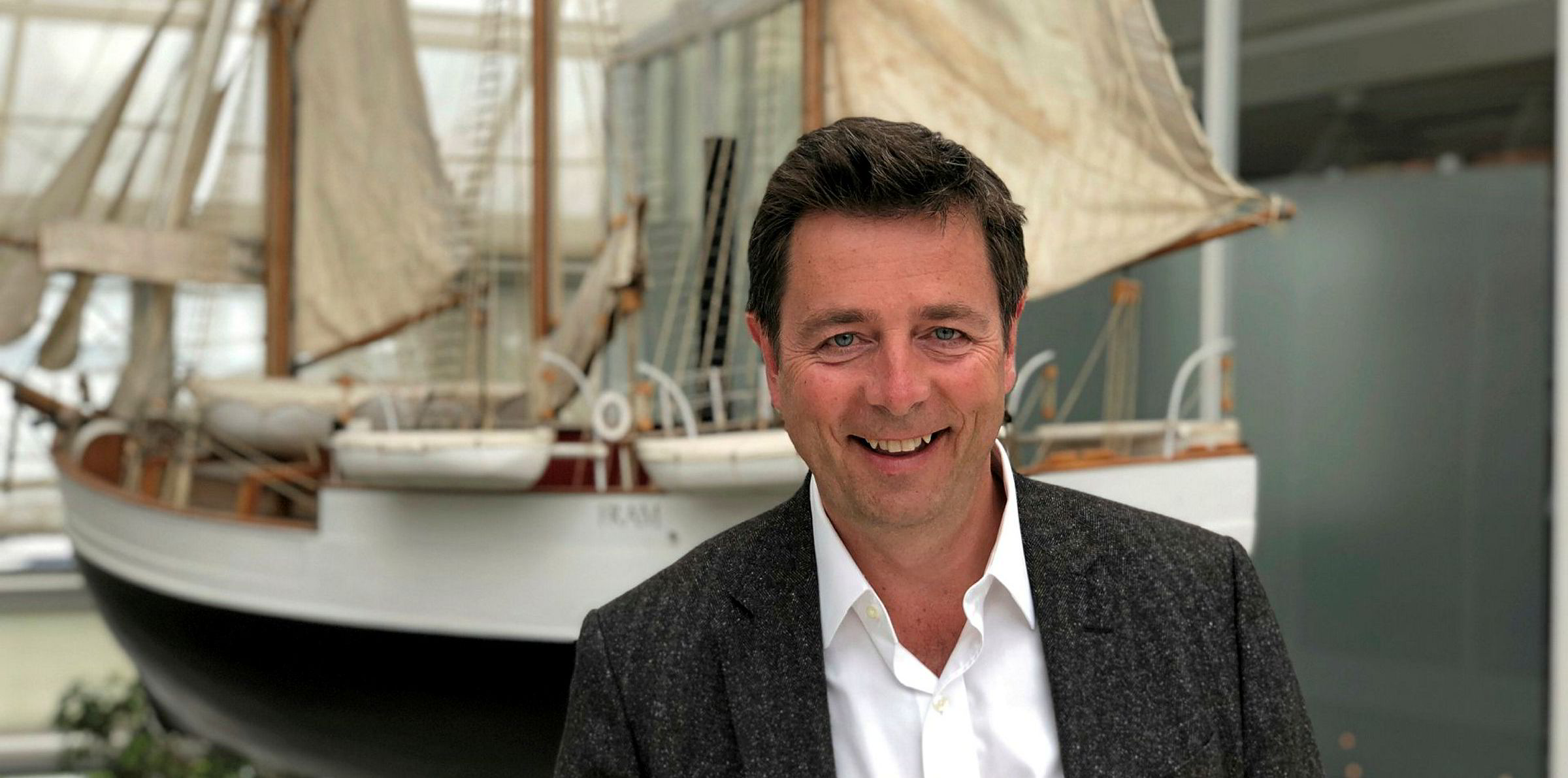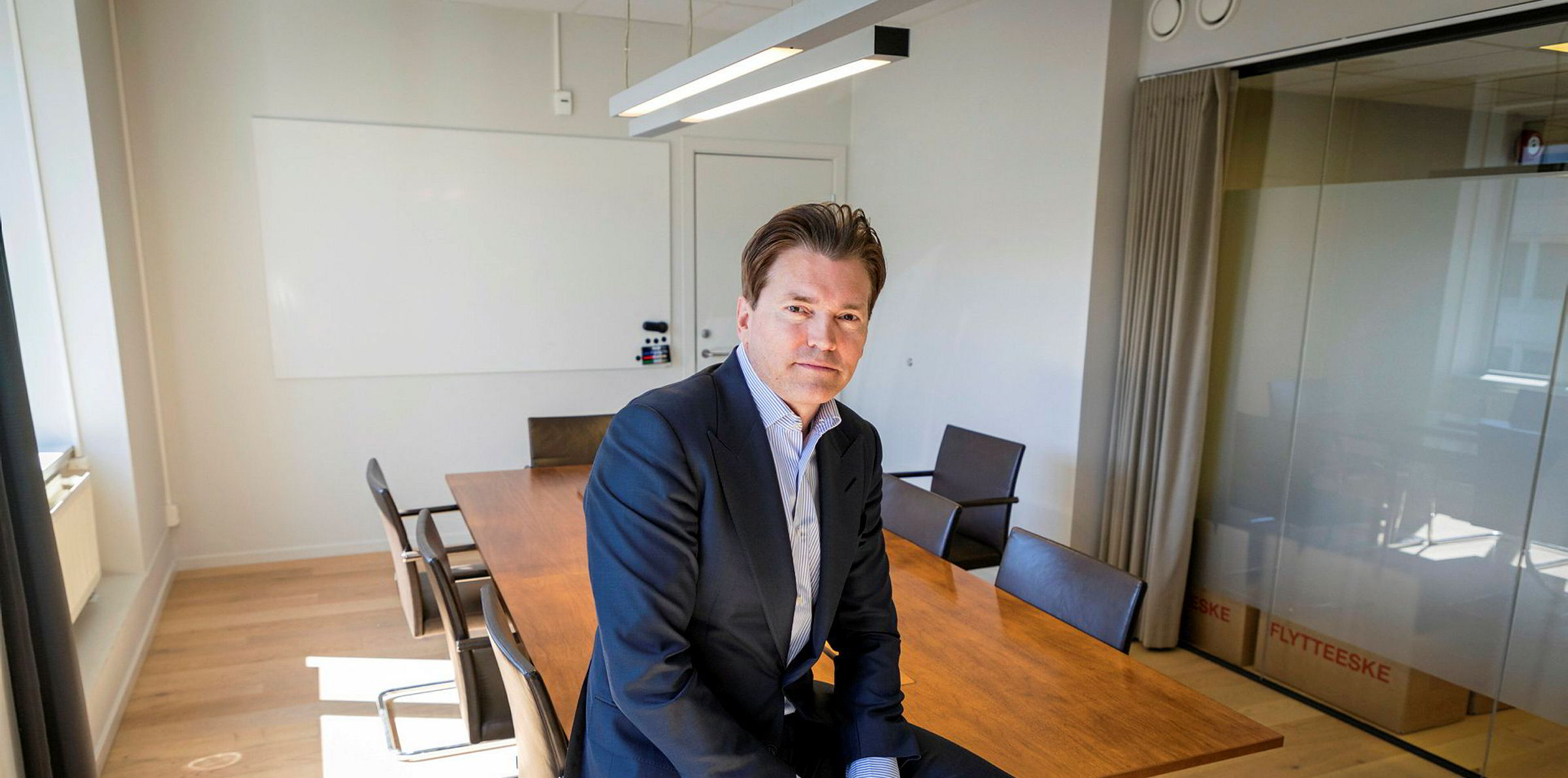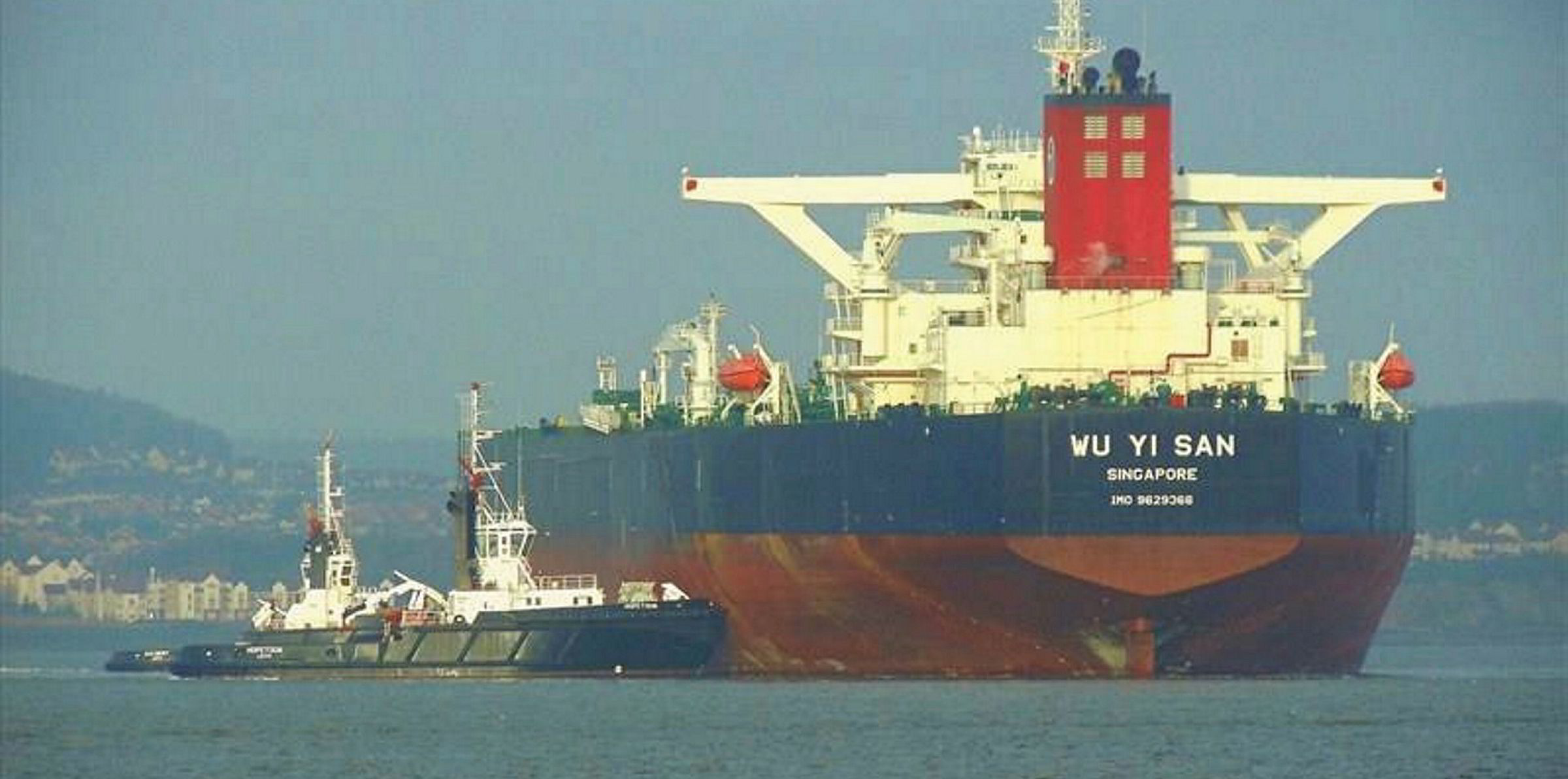Norwegian VLCC owner ADS Crude Carriers has enjoyed its best ever quarter but has warned of risks ahead.
The company posted net profit of $10.8m in the three months to 31 March, against $1.83m in 2019.
Revenue from its three 2002-built VLCCs was up at $25.2m from $11.7m a year ago.
ADS achieved average time charter equivalent earnings of $71,008 per day, up from $24,093 in 2019.
The company has one vessel on a six-month charter that began in April and two operating in the spot market.
It has around 95% of vessel days booked in the second quarter at $65,000 per day. The breakeven rate is $12,900 per day.
"ADS Crude Carriers recorded its strongest ever quarter," chairman Bjorn Tore Larsen said. "We continued our strong performance into the second quarter and have secured backlog for future periods at profitable levels."
The owner is handing back $7m to shareholders as a dividend at $0.30 per share.
Larsen added that when ADS Crude Carriers was established in July 2018, it made a commitment to investors that it would prioritise returning capital to shareholders in the form of regular dividends.
"ADS Crude Carriers has again delivered on that promise," he said.
The company has so far seen limited impacts from the Covid-19 outbreak.
Volatility ahead
Looking ahead, Larsen said: "The tanker market is volatile and difficult to predict. We remain focused on that which we can control, namely operating our vessels to the highest possible standards and following through on our commitment to return surplus cash to shareholders."
He added that there is a risk that future demand for transport and storage of crude using VLCCs will "significantly reduce" from the high levels seen in 2020 to date as oil inventories start to be drawn down.
"The board expect the VLCC market will remain dynamic for the foreseeable future," the company said.
Including an undrawn revolving credit facility of $7.5m, the company’s total liquidity was $21.7m as of 31 March.
ADS fitted scrubbers to its three ships last year. As of Thursday, it has recognised cash savings of $4.9m so far in 2020, equivalent to 40% of its total investment in the retrofits.





